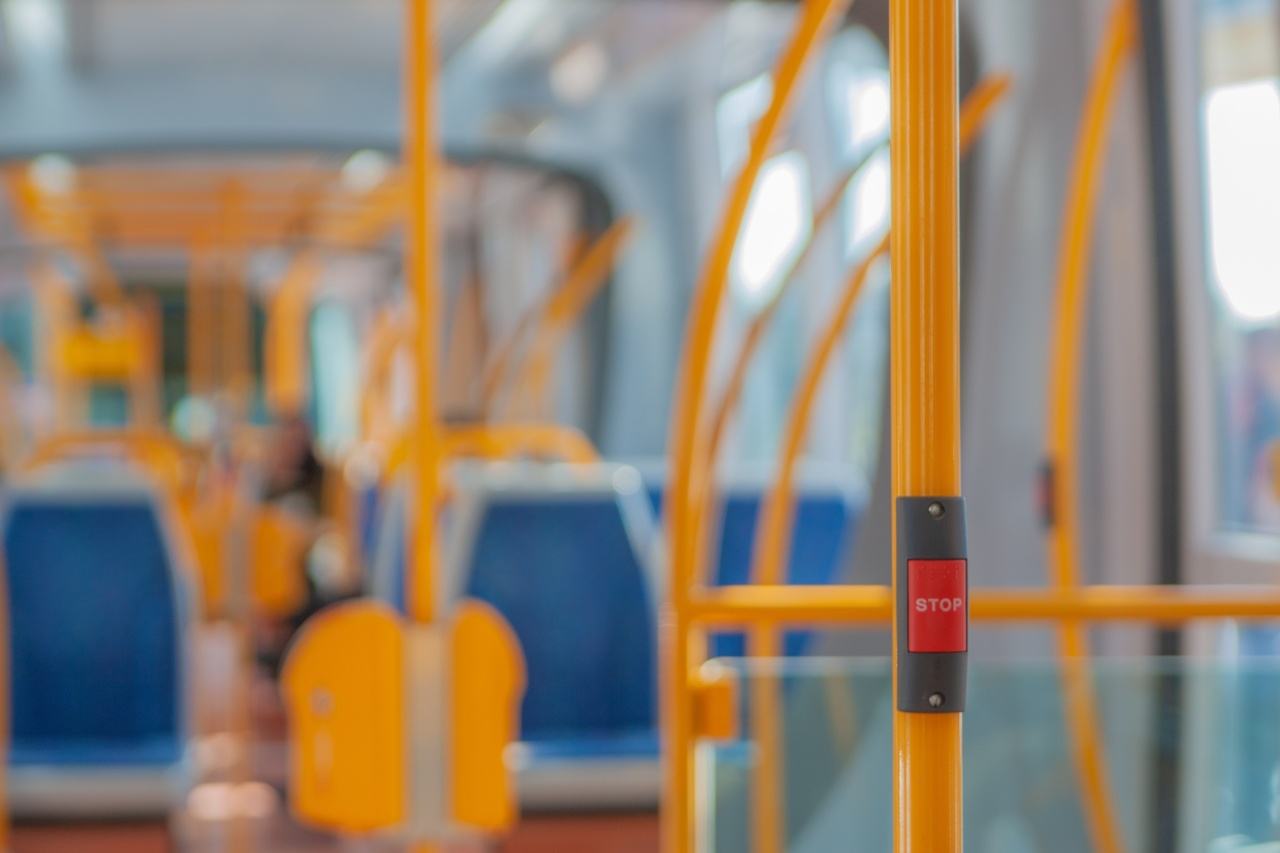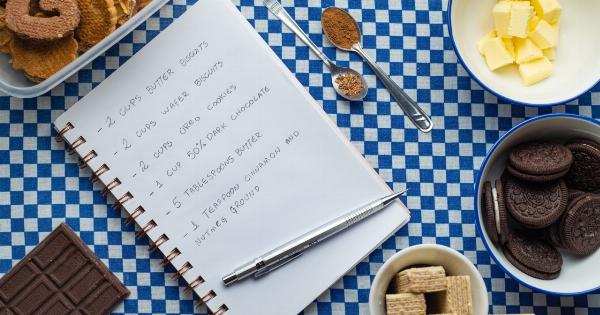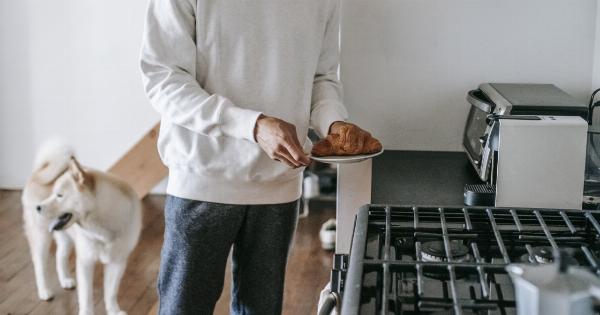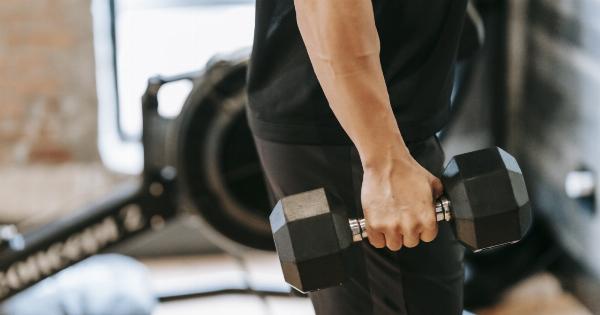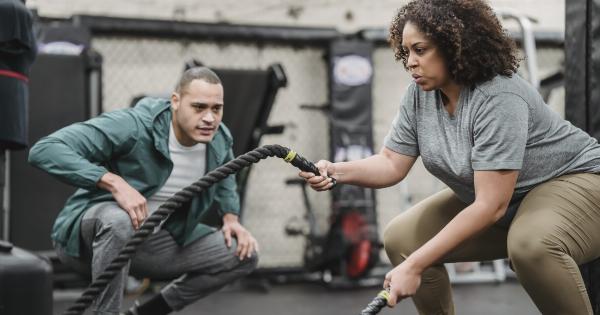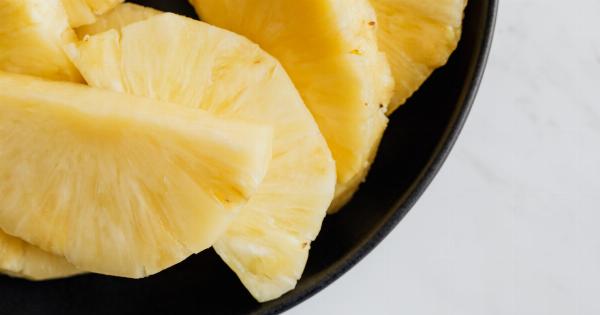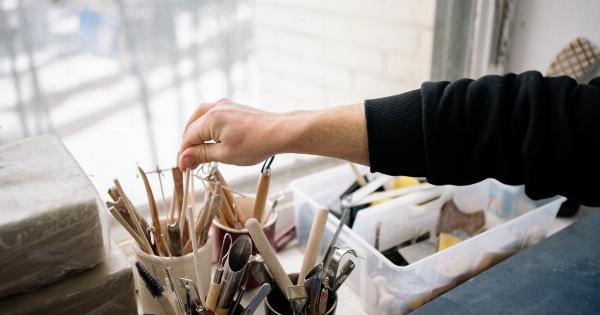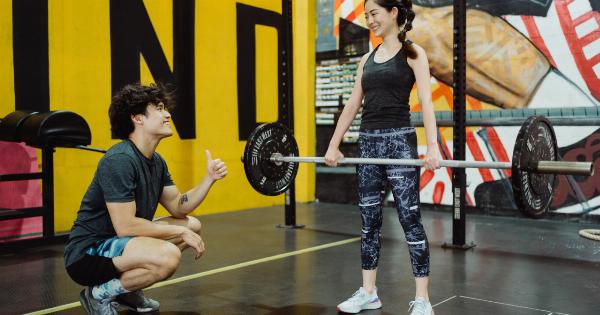Hiccups can be annoying, disruptive, and sometimes even painful. They occur when the diaphragm muscle, responsible for controlling your breathing, spasms involuntarily.
While hiccups usually go away on their own after a few minutes, they can last longer and become a real nuisance.
Fortunately, there are numerous tried and tested methods that you can try to stop hiccups and regain control over your breathing. From traditional remedies to some surprising and unique techniques, here are 30 ways to stop hiccups:.
1. Holding Your Breath
This classic method involves taking a deep breath and holding it for as long as you can. This technique helps regulate the breathing pattern and can interrupt the hiccup cycle.
2. Drinking Water Upside Down
As strange as it may sound, bending forward and drinking a glass of water from the opposite side of the glass can stimulate the nervous system and disrupt the hiccup reflex.
3. Swallowing a Spoonful of Sugar
When sugar touches the back of your throat, it stimulates nerves and muscles that may help stop hiccups. Dissolve a spoonful of sugar in your mouth without chewing and let it slide down your throat.
4. Pulling Your Tongue
Stick your tongue out and gently pull it forward. This action helps stimulate the muscles and nerves connected to the diaphragm, potentially relieving hiccups.
5. Drinking Cold Water Quickly
Try drinking a glass of cold water as quickly as possible. The sudden temperature change can shock your system and override the hiccup reflex.
6. Biting on a Lemon Slice
The sour taste of a lemon can help stimulate nerves responsible for stopping hiccups. Take a small, bite-sized lemon slice and suck on it for a few seconds.
7. Gargling Cold Water
Take a mouthful of cold water and gargle it for 10-15 seconds. The cold temperature and stimulation of the throat muscles may help interrupt the hiccup cycle.
8. Applying Pressure on Your Diaphragm
Find the soft spot just below your breastbone and apply gentle pressure for a few seconds. This technique aims to relax the diaphragm muscle and stop hiccups.
9. Drinking Water through a Paper Towel
Place a paper towel over a glass of water and drink the water through it. This method requires a bit of suction and can help regulate breathing, potentially stopping hiccups.
10. Using an Antacid
Some people find relief from hiccups by taking antacids. The reasoning behind this remedy is that hiccups may be caused by acid reflux, and antacids can help neutralize the acid.
11. Drinking Water with a Straw
Take a glass of water and drink it through a straw. The slight alteration in your drinking pattern may help disrupt the hiccup reflex and stop hiccups.
12. Tickling the Roof of Your Mouth with a Cotton Swab
Gently tickle the roof of your mouth, located behind the front teeth, with a cotton swab. This technique aims to stimulate the nerves responsible for controlling the diaphragm muscle.
13. Consuming a Teaspoon of Vinegar
Mix a teaspoon of vinegar, preferably apple cider vinegar, with a glass of warm water and drink it slowly. The sourness of the vinegar can stimulate the nerve muscles involved in hiccups.
14. Sneezing
If you can trigger a sneeze, do so. The sudden contraction of muscles during a sneeze can disrupt the hiccup reflex and stop hiccups.
15. Bending Forward and Drinking Water
Bend forward, as if touching your toes, and drink water from the opposite side of the glass. This technique can help stimulate the muscles and nerves involved in the hiccup cycle.
16. Compressing Your Chest
Take a deep breath and compress your chest by pulling your knees towards your chest. This action may help reset the diaphragm and put an end to hiccups.
17. Peppermint
Minty flavors like peppermint can relax the diaphragm and stop hiccups. Chew on a small piece of peppermint or sip on a cup of peppermint tea.
18. Having a Spoonful of Peanut Butter
Eating a spoonful of peanut butter can help interrupt the hiccup reflex. The thick and sticky consistency may stimulate the muscles and nerves involved in hiccups.
19. Sniffing Some Salt
Place a pinch of salt on your tongue and let it slowly dissolve. The salty taste can stimulate your nervous system and potentially stop hiccups.
20. Startling Switching Movements
Surprising your body with sudden movements like jumping or bending can sometimes reset the diaphragm and halt hiccups.
21. Holding Your Knees to Your Chest
Lie down on your back and pull your knees towards your chest. This action may help relax the diaphragm, disrupt the hiccup reflex, and relieve hiccups.
22. Drinking Chamomile Tea
Chamomile tea is known for its calming properties and can help relax the diaphragm muscle. Sip on a warm cup of chamomile tea to potentially stop hiccups.
23. Performing Breathing Exercises
Practice deep breathing exercises to help regulate your breathing pattern. Slow, controlled breaths can interrupt the hiccup cycle and alleviate hiccups.
24. Applying a Cold Compress to Your Diaphragm
Place a cold compress or ice pack on the area where your diaphragm is located. The cold temperature may help soothe the muscle and relieve hiccups.
25. Hyperventilating Briefly
Inhale and exhale rapidly for a short period of time. Hyperventilating can temporarily alter the breathing pattern and potentially stop hiccups.
26. Distracting Yourself
Engage in an activity that fully captivates your attention. By distracting yourself, your body may naturally relax, stopping hiccups.
27. Applying Gentle Pressure to Your Eyeballs
Close your eyes and apply a gentle amount of pressure to your closed eyelids or the area around your eyes. This technique aims to stimulate the vagus nerve and potentially halt hiccups.
28. Humming or Singing
Engaging your vocal cords by humming or singing can help regulate your breathing. This rhythmic action may interrupt the hiccup cycle and bring relief.
29. Practicing Mindfulness and Relaxation Techniques
Try techniques such as meditation, guided imagery, or deep relaxation exercises. These practices can promote overall relaxation and potentially stop hiccups.
30. Seeking Medical Advice
If hiccups persist for an extended period or disrupt your daily life significantly, it may be necessary to consult a healthcare professional for further evaluation and treatment options.
